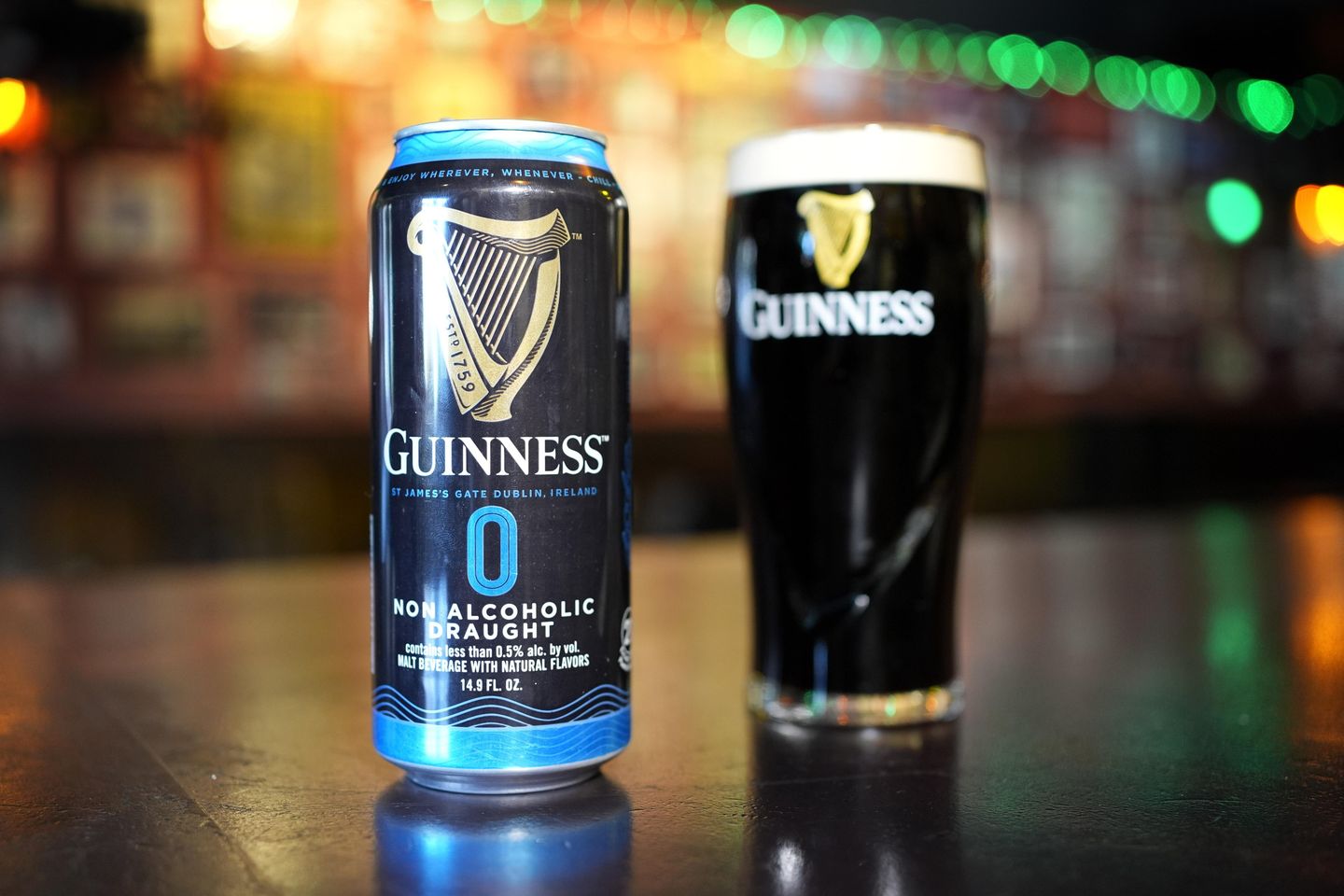
Young Americans are rethinking their relationship with alcohol — not out of necessity, but by choice.
Just 39% Generation Z adults say alcohol is their go-to social drink, according to Keurig Dr Pepper’s inaugural State of Beverages report. More than 60% prefer nonalcoholic options when spending time with friends, the highest rate of any generation, the July report says.
That preference reflects a broader generational reset. A 2025 survey by NCSolutions found that 65% of Gen Z (those born between 1997 and 2012) plan to drink less this year and 39% say they will adopt an alcohol-free lifestyle.
Financial pressures, wellness goals and a growing awareness of alcohol’s health risks are reshaping consumption habits, experts say.
“Younger people are drinking 30% less than their parents and grandparents were at the same age,” sobriety coach Casey McGuire Davidson, host of “The Hello Someday” podcast, told The Washington Times. “Gen X and baby boomers are still the biggest drinkers.”
The decline among young people comes amid growing awareness of alcohol’s effects on mental health.
“We now know it worsens depression, causes anxiety and disrupts sleep,” Ms. Davidson said. “That’s resonating with people in their teens and twenties.”
Gallup polling shows alcohol use among U.S. adults aged 18-34 has dropped from 72% in the early 2000s to 62% today.
Part of the shift may come down to self-awareness.
“So much of this is tied to self-esteem,” Arlina Allen, founder of Sober Life School and host of “The One Day At A Time” podcast, told The Times. “I think the younger generation is recognizing that when they drink, they do things they don’t really feel good about.”
Gen Z, she said, appears to be reflecting on their choices sooner than older generations did.
“They’re much more in touch with their feelings than we were at that age. It took some of us a long time to figure it out, but they’re kind of wise beyond their years. They’re learning from other people’s mistakes faster,” Ms. Allen said.
Nearly three-quarters of Gen Z consumers now choose beverages for their functional benefits — like gut health, energy or mood — rather than for intoxication, according to the new Keurig report. Popular alternatives reportedly include prebiotic sodas, electrolyte mixes and specialty coffees.
“[Gen Z] wants their beverages to do more and be anchored in a real purpose,” Melissa Abbott, vice president at the Hartman Group, a food and beverage market research firm, told the New York Post.
Social media may also be influencing drinking behavior, too.
“I’ve talked to young people who don’t think getting blackout drunk is terribly attractive, which I laugh about — of course it’s not,” Ms. Davidson said. “But with livestreaming and Instagram stories, they’re much more concerned about what might get out there and what that could do to their future career aspirations.”
Spending data reinforces the trend: Gen Z accounts for just 3.6% of all alcohol spending in the United States, according to estimates from Business Insider.
In 2025, the broader nonalcoholic beverage market is expected to top $1.41 trillion globally, with Asia-Pacific already accounting for about $480 billion, per data from market research firm Precedence Research.
Globally, major beverage corporations are taking notice and pushing back. According to the Financial Times, industry giants such as Diageo, Asahi and Heineken are increasingly at odds with updated public health messaging.
Last year, Diageo’s CEO criticized aspects of the research on moderate drinking as inaccurate. Asahi’s chief suggested moderate alcohol might carry some benefits.
Beer giant Heineken, meanwhile, has launched campaigns promoting beer as a healthier alternative to screen time, urging social connection through mutual alcohol consumption.
But in 2023, the World Health Organization declared that no level of alcohol consumption is safe, and the following year ranked the alcohol industry alongside fossil fuels, ultra-processed foods and tobacco as one of the most harmful sectors in Europe.
Behind the competing science, the market has shifted. Alcohol consumption in the U.S. fell by 3% last year (the sharpest drop since Prohibition), bringing volumes to their lowest level since 1962, per a Financial Times report.
Analysts, too, are warning that this youth moderation trend, the rise of GLP-1 weight-loss drugs like Ozempic and economic pressure could further erode demand. Global beverage stocks are down roughly 8% over the past 12 months, according to The Financial Times.
This cultural shift, Ms. Davidson said, has been brewing for a while — spurred by science, stigma reduction and changing values. Gen Z is simply leading the charge, she added.
“When I was in college, we were told red wine was good for your heart, and that moderate drinkers were healthier than people who didn’t drink at all,” she said. “But those studies were deeply flawed, and that narrative is finally starting to break down. Our culture is headed toward health.”
The Times has reached out to Heineken and Diageo for comment.











